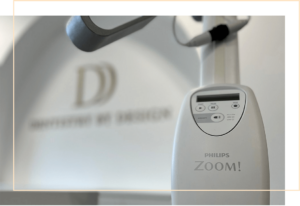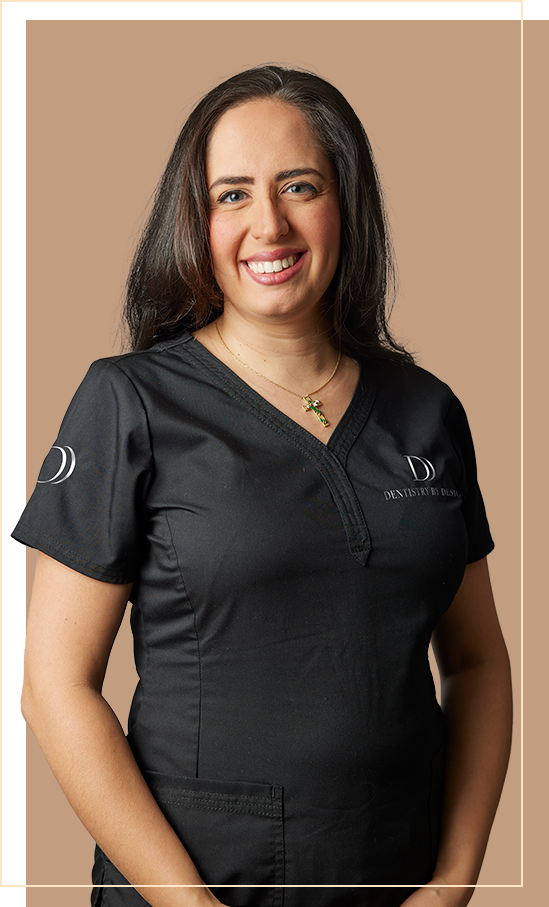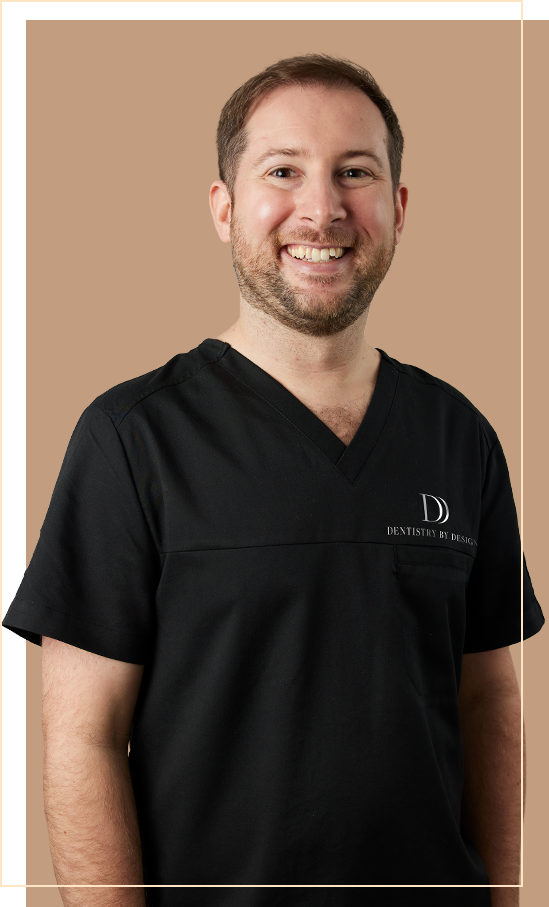If you want to cover up stained or discoloured teeth, to straighten teeth that are slightly crooked or to make other cosmetic changes to your smile, your dentist may suggest veneers. These are thin layers of material that dentists can bond to the front of teeth to change their external appearance.
Dental veneers may be made from porcelain (ceramic) or a composite resin made of plastic and glass. Both types of veneers have their pros and cons and both have clinical risks that your dentist will make sure you understand before you consent to a procedure.
Porcelain veneers
If you choose porcelain veneers, your dentist will take an impression of your teeth that can be used to make your custom veneers. These may be manufactured in an external dental laboratory or in the dental clinic using CEREC technology.
Pros
Some of the main advantages of porcelain veneers are:
- More natural looking – porcelain has luminescence similar to natural tooth enamel
- Stronger – porcelain is more durable and more resistant to stains than composite resin
- Longer lasting – porcelain veneers can last between 7 and 15 years before they need to be replaced
Cons
There can be disadvantages to porcelain veneers, such as:
- More expensive – porcelain veneers cost more than resin, although they generally last longer
- Cannot be repaired – if your veneers are damaged, they will need to be replaced
- Longer treatment time – traditionally, porcelain veneers require at least 2 appointments, with fragile temporary veneers being worn in-between visits. However, CEREC veneers may be designed and fitted on the same day.
Composite veneers
Unlike porcelain veneers that are made externally and bonded into place, composite veneers are built up directly on the tooth surface. This often allows them to be completed in a single visit to the dental clinic.
Pros
Reasons some people prefer composite veneers include:
- Shorter treatment time – composite veneers can usually be completed in a single appointment, with no need to wear temporary veneers
- More affordable – composite veneers cost less than porcelain, although they may need to be replaced sooner
- Can be repaired – if a veneer is damaged, your dentist may be able to repair it rather than having to replace it
Cons
Some of the downsides of composite resin veneers are:
- Less natural appearance – although the resin can be colour-matched to your teeth or to the shade you want, these veneers lack the realistic luminescence of porcelain
- More easily damaged – composite resin can chip, crack and stain more easily than porcelain
- Shorter lifespan – composite veneers don’t usually last as long as porcelain and may need to be replaced sooner
What are the risks of veneers?
The risk of complications and side-effects from veneers is low when the treatment is provided by a qualified and experienced dentist. However, your dentist should inform you about all the possible risks during your consultation so you can make a fully informed decision.
These risks may include:
- sensitive teeth if some enamel needs to be removed
- teeth not biting together normally if veneers are uneven
- jaw pain or TMJ disorders caused by an uneven bite
If you don’t think veneers are the right choice for you, your dentist may discuss alternatives to whiten teeth or change their shape and appearance. These could include:
Book a consultation for veneers in Balmain
To find out more about porcelain and composite veneers and other cosmetic treatments available at Dentistry by Design, book a consultation with our dentists today. Call 02 9810 5507 or make an appointment online.








